How to help early and struggling readers
Many everyday activities can help your child develop their reading and language skills. These include engaging your child in oral activities and games, reading with your child in everyday life, and developing a personal Word Bank.
Engaging your child in oral activities and games
You can help develop your child’s reading skills by reciting rhymes and rhythms and singing nursery rhymes with your child. You can turn this into a game by having your child group pictures and objects that rhyme together. Word games such as “I spy” can also help develop children’s reading skills by helping them learn to break up simple words into sounds and learn basic sound-letter associations (e.g. “I spy something that starts with the ‘b’ sound”). These are skills that many children develop by the end of Senior Kindergarten (SK).

Reading with your child in everyday life
Reading age-appropriate books with your child every day helps them to develop vocabulary and sentence formation. You can also read with your child throughout the day by reading traffic, store and restaurant signs, food labels, flyers and instructions. Many children can understand the words they read and how they relate to each other by the end of Grade 1, and by the end of Grade 3, many can read aloud clearly and with expression.
Engaging your child in oral activities and games, reading with your child in their everyday life
Developing a Word Bank
To develop your child’s vocabulary and reading skills, try making cards with words that your child has started to learn, and introduce one or two new sight words to their Word Bank each week. You can have your child practice sounding out and reading the words, tracing the letters, and making up sentences using the words. Many children can start matching written words to spoken words by the end of SK.
For more tips and examples of everyday activities to help your child develop their reading skills, see, “Reading: How to help early and struggling readers”.
Reading milestones
The above activities will help children reach the typical reading achievements for their grade level. For instance, by the end of Senior Kindergarten (SK), many children can engage in rhymes and rhythms, identify most letters of the alphabet and recognize that words consist of a beginning, middle and final sounds. For a more extensive list of reading skills typical for children from SK to the end of Grade 3, please see, “Reading milestones”. These milestones are meant to serve only as a general guide, as not all children develop at the same pace.
If you are concerned about your child’s development of reading skills and suspect your child might have a reading disability, talk to their teacher to develop a plan of action. See “Reading disabilities: Overview” for more information.
AboutKidsHealth is SickKids’ health-education website and features more than 3,500 articles on a range of health topics. For more information on learning and other health topics, visit aboutkidshealth.ca.


